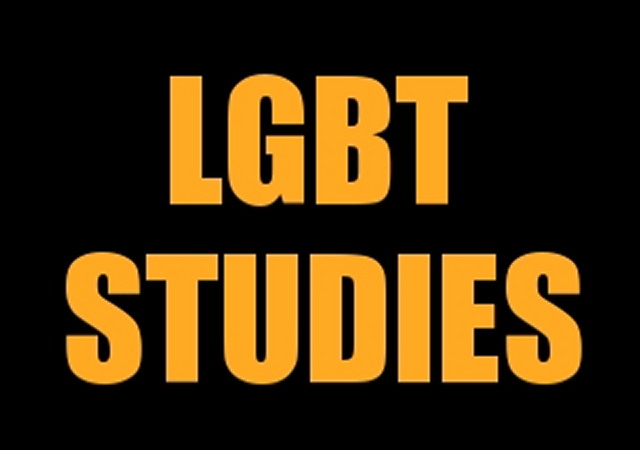Professor Blasts ‘Queer Leadership’ Program at Bard College at Simon’s Rock
“few employers want to hire angry activists who’ve spent years marinating in grievances while learning to write impenetrable, jargon-filled prose about cis-gendered, heteronormative white privilege”

We mentioned this program in a recent quick take. Professor Robert Weissberg of the University of Illinois–Urbana has criticized the program in an essay at Minding the Campus:
The Missionary Zeal of Wokeism
Why do countless students willingly pay upwards of $50,000 a year for a degree in black studies, when the skills they learn are seldom sought in the marketplace? In fact, the opposite may be true: few employers want to hire angry activists who’ve spent years marinating in grievances while learning to write impenetrable, jargon-filled prose about cis-gendered, heteronormative white privilege. At best, schools might justify such offerings as cheap ways of extracting tuition from sub-par students or, in the case of minority students, of meeting diversity quotas with easy-to-pass courses. In each instance, the school’s justification rests on crass economic self-interest, not some illustrious educational goal. But why would students embrace these vocationally unreliable programs?
This puzzlement ended after I read a recent article about Bard College at Simon’s Rock. The school has announced a new BA program “… designed for and by LGBTQIA+ college students that aims to elevate LGBTQIA+ college graduates into leadership roles in fields across the workforce.” The initiative, called the Bard Queer Leadership Project, will make Simon’s Rock “… the first intentionally queer-serving college in the world.” Though the program has just begun, the intent is to graduate students with a genuine Bard bachelor’s degree comprising both liberal arts subjects and a concentration in “Queer Leadership.” Tentative courses at Simon’s Rock will include “Queer in Field,” “Queer in Community,” and various seminars on “Queer Culture.”
While the meaning of “queer” might be fuzzy, “queerness” is, at its core, a rejection of heterosexuality as normal, and of the conventional nuclear family as the standard by which to judge personal behavior. For self-identified queers, there can be no such thing as normal sex or conventional human relationships. Everything is socially constructed and, thus, a matter of personal choice.
Training youngsters for LGBTQ+ leadership roles is hardly limited to Bard—indeed, gay students can assess the friendliness of other colleges and universities to the homosexual agenda through the website Campus Pride Index. Bard’s program is also part of a broader effort (The Consortium of Higher Education LGBT Resource Professionals) of like-minded schools, various affiliated organizations, and interested individuals whose purpose is to promote the liberation of LGBTQ+ people in higher education. Many sympathizers occupy official positions at prestigious schools such as Yale and Duke. The Consortium’s work also incorporates intersectional and racial-justice frameworks through its conferences and seminars. In short, it’s a wide-ranging, well-organized movement promoting homosexuality in the academy.
 DONATE
DONATE
Donations tax deductible
to the full extent allowed by law.








Comments
I live in Champaign Urbana and am an alumnus of the U of I–it used to be considered an excellent university, especially for engineering, business, science and law. Since they hired the current chancellor, it’s all social justice all the time. I’m surprised that Prof. Weissberg feels comfortable enough to make a statement like this.
They hire each other. It seems like it might be a very marketable degree. We’re assuming these crazy leftists don’t get hired, but is it true? Even this year which is not easy in the job market, how are they doing?
I haven’t seen stats for this, and would like to see some.
Tweet: “I didn’t get a single interview until I stopped including my pronouns on my resume and cover letter…”
Frankly, I’m glad to hear American business — media outlets, no less — still had that much sense.
Too bad Coca Cola, Nike, Disney, and Balenciaga don’t need journalists.
Wonder if she tried Vice, HuffPo, or Rolling Stone? Oops… the first two just went through major layoffs (several rounds at Vice), and Rolling Stone is apparently unfair to “strong women.”